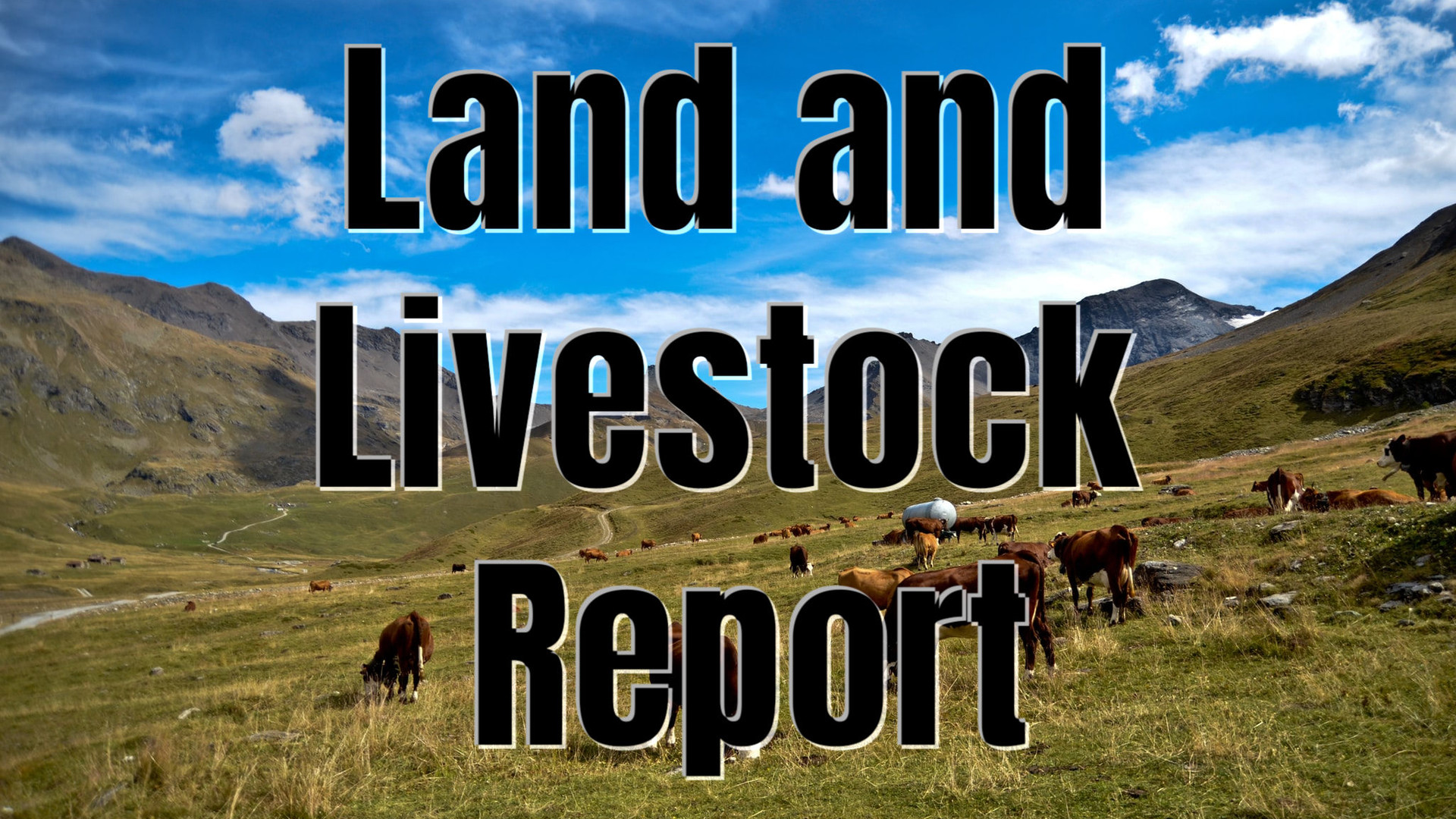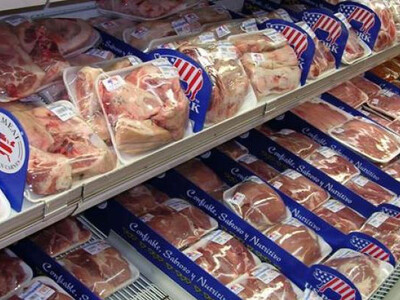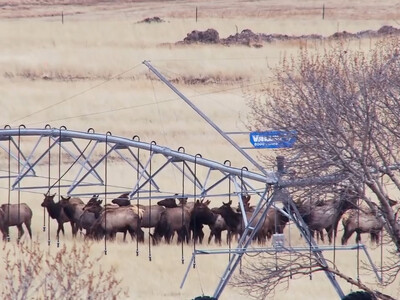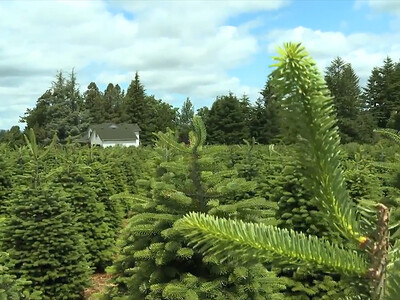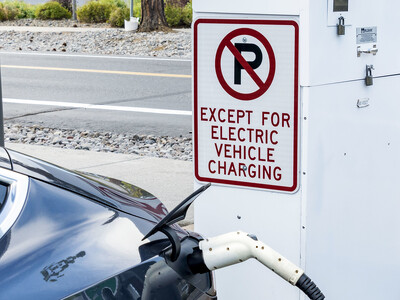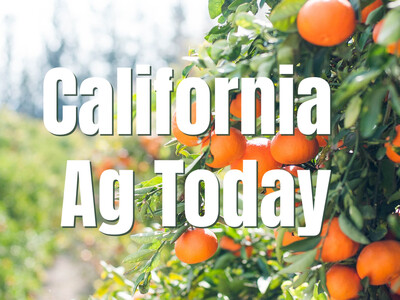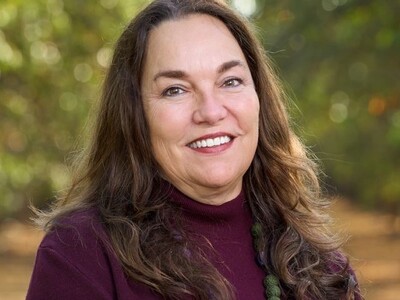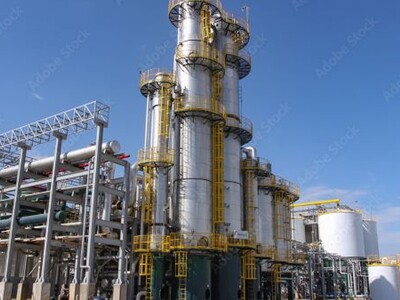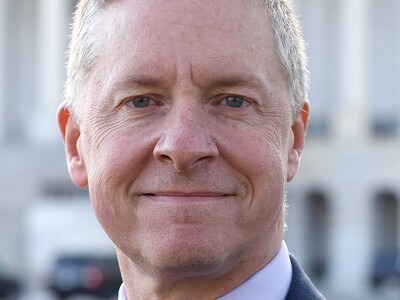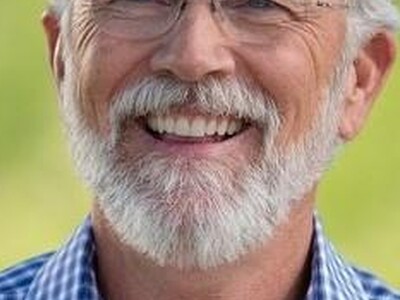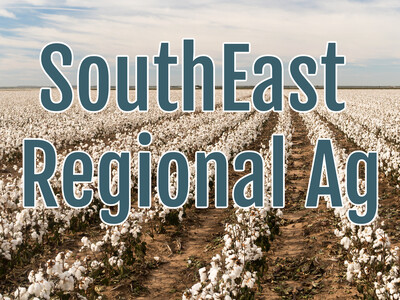Public Lands Ranching a Way of Life
Public lands ranching is a way of life for ranchers like J. Paul Brown from Ignacio, CO. He says without grazing permits like his in the San Juan National Forest, his family wouldn't be able to stay in business and continue to raise high quality lamb and wool in western Colorado."Well, it's just so important" said Brown. "There's just so little private land out here in the West. We think that the private land is very important for our base. But, you know, to really be a full-time rancher here, you need to be able to use the forest allotments and BLM allotments."
He says through responsible grazing, they're enhancing the range condition of the forest and truly making it a healthier environment for all outdoor enthusiasts.
"I think just grazing the grasses stimulates those grasses" said Brown. "Instead of having decadent feed that's or grasses that just grow up and fall over and then grow up again and fall over. You know, we will stimulate the growth of that that grass. It makes it greener and prettier."
Since 1971, the Brown family has been grazing their sheep in the San Juan National Forest. And J. Paul Brown says today wildlife issues are one of their biggest challenges to preserving their way of life.
"In the past few years, there's been a threat of a lawsuit to the Forest Service regarding them allowing us to be up here because of the big horn sheep" said Brown. "And you know, that's certainly concerning to us and it's a threat to our livelihood."
Despite the rhetoric from environmental groups who want ranchers off of federal lands, he says ranchers like him embrace multiple use on Forest Service and BLM land.
"You know, I believe in multiple use and I don't believe it ought to be all grazing" said Brown. "But by the same token, you know, I don't think that we should be eliminated from the multiple use aspect of this area up here."
He says the ranching industry continues to play an important role in today's society.
"We have more generations that are further and further away from agriculture" said Brown. "It's important that we educate those folks about the importance of agriculture to them, that, you know, that that food that they get in the grocery store has to come from someplace. And that we do it in and we grow that food in an environmentally friendly way."
It's because of ranchers like J. Paul Brown and others that organizations like the American Sheep Industry Association, National Cattlemen's Beef Association and Public Lands Council work every day in states like Colorado and in Washington, DC, to make sure cattle and sheep remain part of America's public lands.


